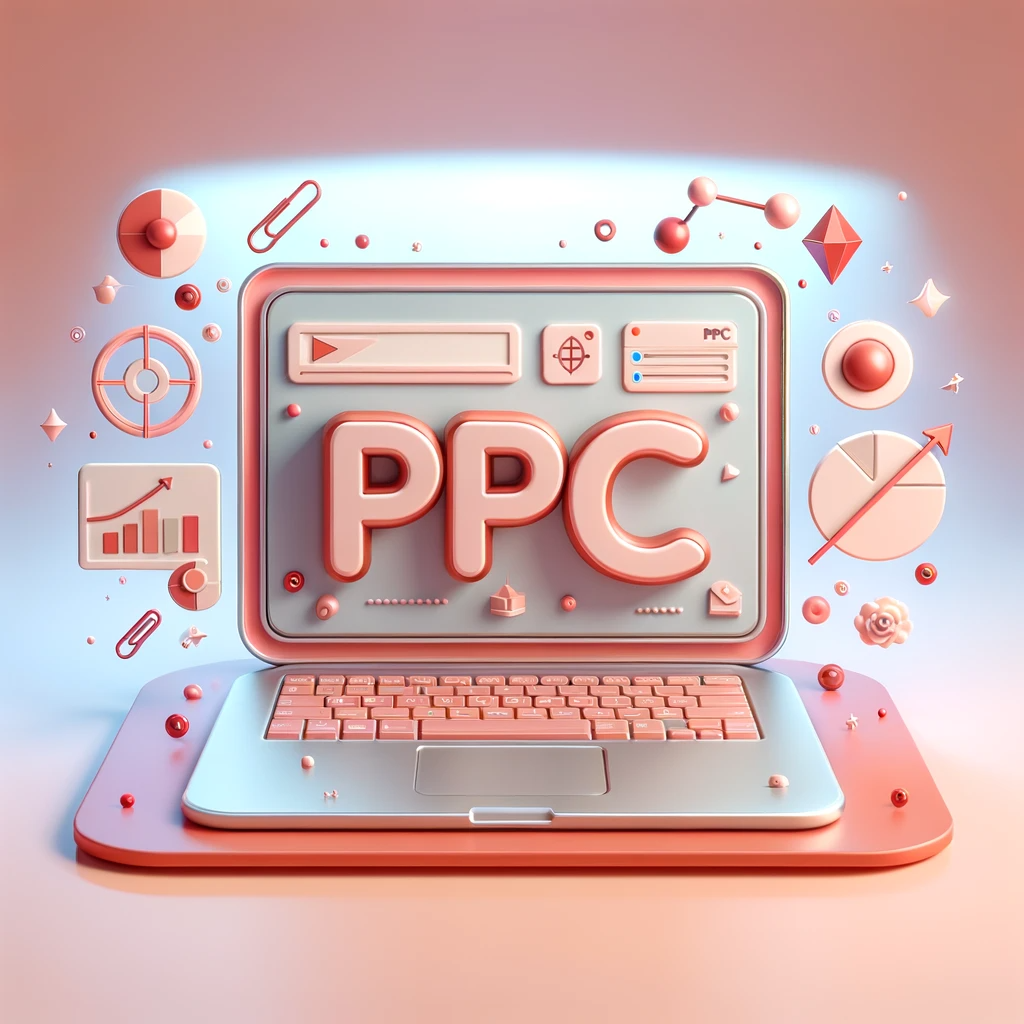Many of you will be aware and familiar with seller ratings when it comes to sites offering shopping or services. These simple yet powerful tools grade companies based on 1 through 5 stars according to reviews and customer satisfaction. They are shown on product shopping ads or sometimes in display. Everyone would want one of these then you would be thinking – why wouldn’t a good company want to promote itself on SEO or PPC? It is however not as simple as just adding it to your adverts, and there is a lot of inaccurate information that surrounds this topic.
What are PPC related seller ratings?
For those that don’t know, seller ratings look something like the below example shows – probably something nearly all of us have seen:

Before people get too excited about having these applied to their PPC ads as a way of potentially boosting clicks and revenue, it is not something you can do yourself. The process involves Google harnessing data about the reviews of a company from multiple different sites. This leads to a central weighted type of formula that is then used to produce this star rating as shown.
These seller ratings are what is described as an automated extension – they get automatically added to your ads and you have no control over when or whether they appear. It would seem to make sense that the more popular the site, and the more platforms of reviews it has, the more data that can be pulled, thus making it more likely this status would be achieved. To put it better and from research, a seller would need to have had over 100 ratings a year in a single country, before this type of extension shows any chance of being added to their PPC ads. Not only does it depend on the number of reviews, but also the quality of reviews too. If Google determines that your average review score goes below 3.5 stars then it will not show, and thus you will not see this extension appear even if you meet all the other criteria.
100 reviews in a year sounds a fairly easy target to achieve, yet unless you are a well-known branded company, it is actually more difficult than you think. This has led some to question the fairness because this makes it appear not inclusive for all.
Another problem is that whilst Google includes its own reviews in that figure, this is rarely enough, and people have to look to other review platforms which charge for their services. Fees can vary greatly and there is still no guarantee someone will get star ratings attached to their Google Ads, so this can prove costly and frustrating if fruit doesn’t come to pass.
Are seller ratings good for your PPC campaign?
On the one hand, all of the above has to be factored in, so why waste time and perhaps money you might be thinking? However, and on the other hand, some of the following might give pause for thought:
*If ALL your competitors have star ratings attached to their PPC ads and you don’t, then something looks odd about you. You should at least try and match what others are doing.
Conversely-
*If NONE of your competitors have them, then this is a good way of potentially trying to stand out from the crowd and show something different.
*If you are in a market where you are competing against big brands, having star ratings attached to your PPC ads can get you noticed as the ‘little underdog’ effect, and might shift some of the focus away from those bigger brands.
The ultimate irony with this topic is that whilst it may sound great, and there are even things you can do to boost your chance of having star ratings on your PPC ads, there is no control over it at all. This leads many to question whether any (positive) impact can be truly promoted.
Thinking about starting your PPC campaign in the New Year of 2022? PPC gets fast results, and our PPC setup and management pages give more details on how we can help you achieve your aims.
